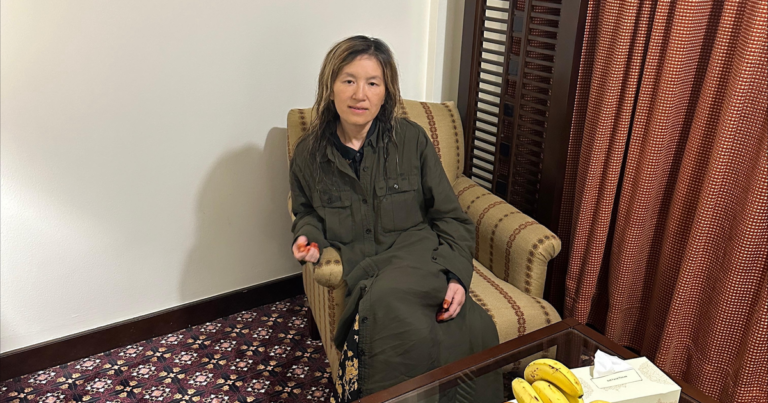Bhopal gas tragedy: After 40 years, toxic waste from Union Carbide factory removed
A 2018 study by the Indian Institute of Toxicology found that high concentrations of metals and chemicals were contaminating groundwater in 42 residential areas near the factory.
After decades of inaction, the Madhya Pradesh High Court on December 3 gave authorities four weeks to dispose of the toxic waste material from the site.
The court said that the authorities “are still in a state of inertia even after 40 years”.
The process of transporting the waste began on Sunday when officials started packing it in sealable bags. These bags were then loaded onto 12 sealed trucks on Wednesday.
Officials said that the waste was transported under strict security measures.
The Indian Express newspaper reported that there was a rapid response team with police escorts, ambulances, fire brigades and a convoy of waste trucks.
Swatantra Kumar Singh, head of Bhopal gas disaster relief and rehabilitation department, told news agency PTI that initially some of the waste will be incinerated at the disposal unit in Pithampur and the residue will be tested for toxic residues.
He said that special measures have been taken to prevent the smoke from the incineration plant or the ash remaining from polluting the air and water.
But activists and people living near the landfill are protesting this move.
According to the Hindustan Times, they said that in 2015, a small amount of waste from the Carbide factory was destroyed on a trial basis at the plant.
According to them, it has polluted the soil, underground water and fresh water bodies in the nearby villages.
However, Mr. Singh denied these claims.
He said the incineration of toxic waste would have “no negative impact” on nearby villages.
Over the years, officials have made several attempts to dispose of the Bhopal factory’s waste, but have abandoned their plans after facing opposition from activists.
In 2015, India’s pollution control board announced that toxic waste would be incinerated in Gujarat, but the plan was abandoned after protests.
The board later identified sites in Hyderabad and Maharashtra as well, but faced similar resistance.
The Bhopal gas tragedy is one of the world’s worst industrial disasters.
According to government estimates, the gas leak killed about 3,500 people within days and more than 15,000 in the years that followed.
But activists say the death toll is much higher. The victims continue to suffer from the effects of the poisoning today.
In 2010, an Indian court sentenced seven former plant managers to small fines and short prison terms. But many victims and campaigners say justice has yet to be served given the enormity of the tragedy.
Union Carbide was a US company that Dow Chemicals bought in 1999.








